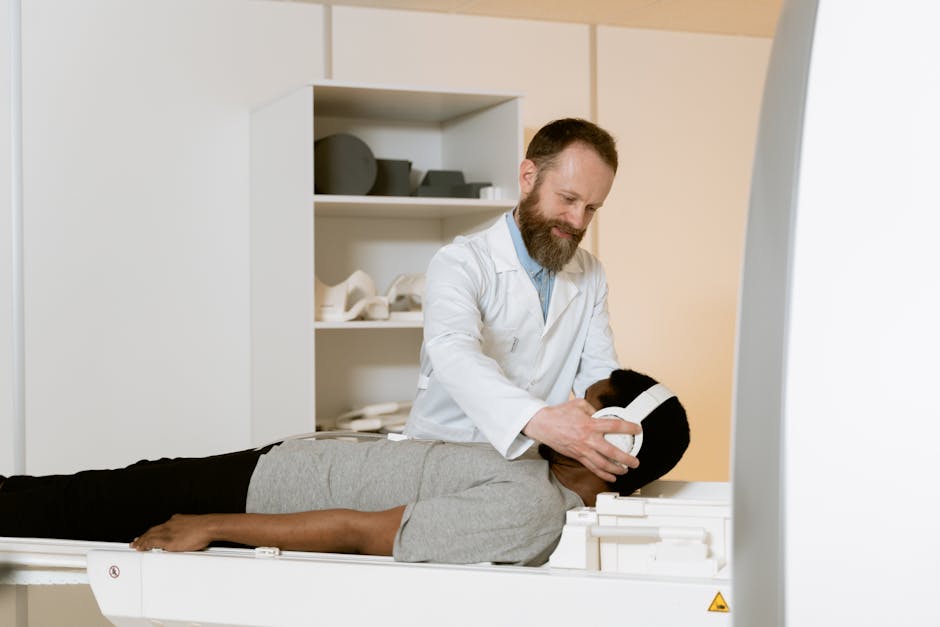Hearing loss is a common health concern that can affect people of all ages, from children to older adults. It can impact communication, social interactions, safety, and overall quality of life. Understanding the underlying causes of hearing decline, as well as scientifically supported prevention strategies, is essential for maintaining auditory health. Hearing loss may arise from a variety of factors, including genetic predisposition, aging, exposure to loud noise, infections, and certain medical conditions. Comprehensive awareness of these causes, combined with proactive preventive measures, can help individuals protect their hearing, detect early signs of problems, and seek appropriate care when needed.

1. Common Causes of Hearing Loss
- Age-related Hearing Loss (Presbycusis): Natural changes in the inner ear and auditory nerves can lead to gradual hearing decline, particularly in high-frequency sounds.
- Noise-induced Hearing Loss: Prolonged exposure to loud environments, such as concerts, construction sites, or personal audio devices at high volume, can damage the sensitive hair cells in the inner ear.
- Ear Infections and Medical Conditions: Chronic ear infections, fluid accumulation, or certain illnesses like diabetes and cardiovascular disease can negatively affect hearing.
- Genetic Factors: Some individuals may inherit a predisposition to hearing difficulties or congenital hearing loss.
- Ototoxic Medications: Certain medications, when used extensively or at high doses, may have side effects that impact hearing.
2. Evidence-Based Prevention Measures
- Protect Your Ears from Loud Noise: Use earplugs or noise-canceling headphones in noisy environments and limit the volume and duration of headphone use.
- Regular Hearing Assessments: Early detection through audiological evaluations can identify subtle changes and allow timely intervention.
- Maintain Ear Hygiene: Keep ears clean and dry, but avoid inserting objects that can cause injury or infection.
- Healthy Lifestyle Choices: Managing chronic conditions like diabetes and hypertension, maintaining a balanced diet, and exercising regularly can support overall ear health.
- Vaccinations and Infection Management: Preventing infections such as ear infections or illnesses that can affect hearing reduces the risk of related hearing loss.
3. Recognizing Early Warning Signs
Paying attention to subtle signs of hearing decline can enable early action. Common indicators include difficulty understanding speech in noisy settings, frequently asking others to repeat themselves, ringing or buzzing in the ears (tinnitus), and a gradual reduction in hearing sensitivity. Consulting a healthcare professional when these signs appear is essential.
Summary
Hearing loss is influenced by multiple factors, including age, noise exposure, medical conditions, and genetics. Adopting evidence-based preventive measures—such as protecting ears from excessive noise, maintaining ear hygiene, scheduling regular hearing assessments, and managing overall health—can significantly reduce the risk of hearing decline. Early awareness, combined with professional care when needed, forms the foundation for preserving auditory health and maintaining quality of life.